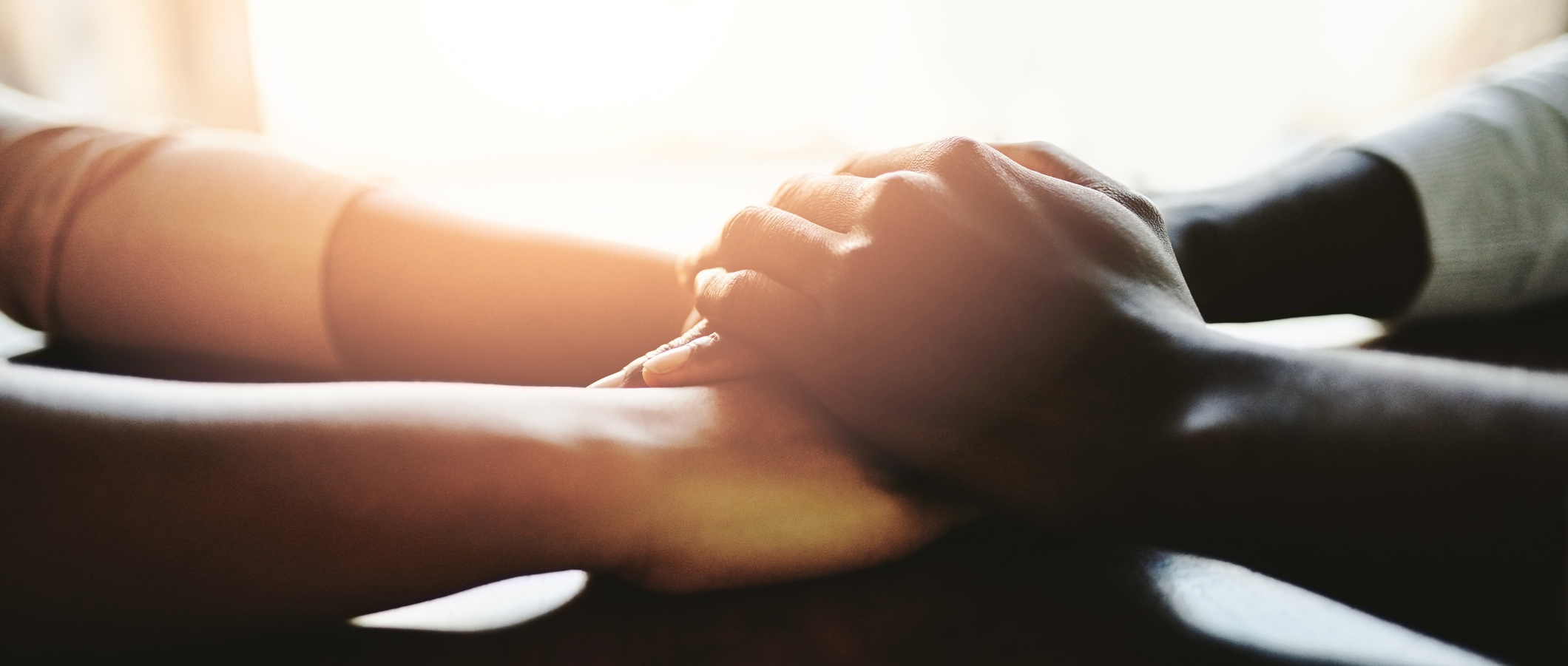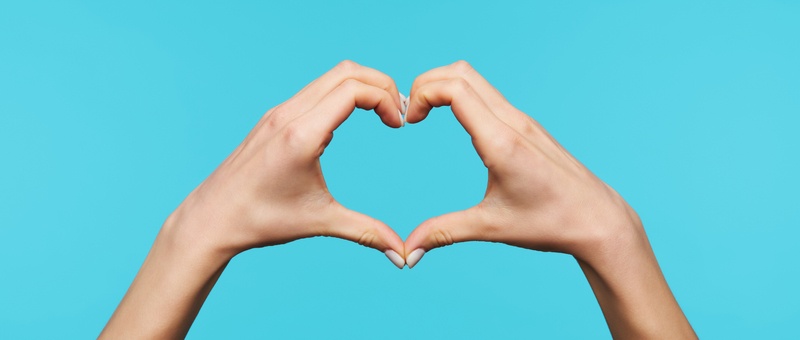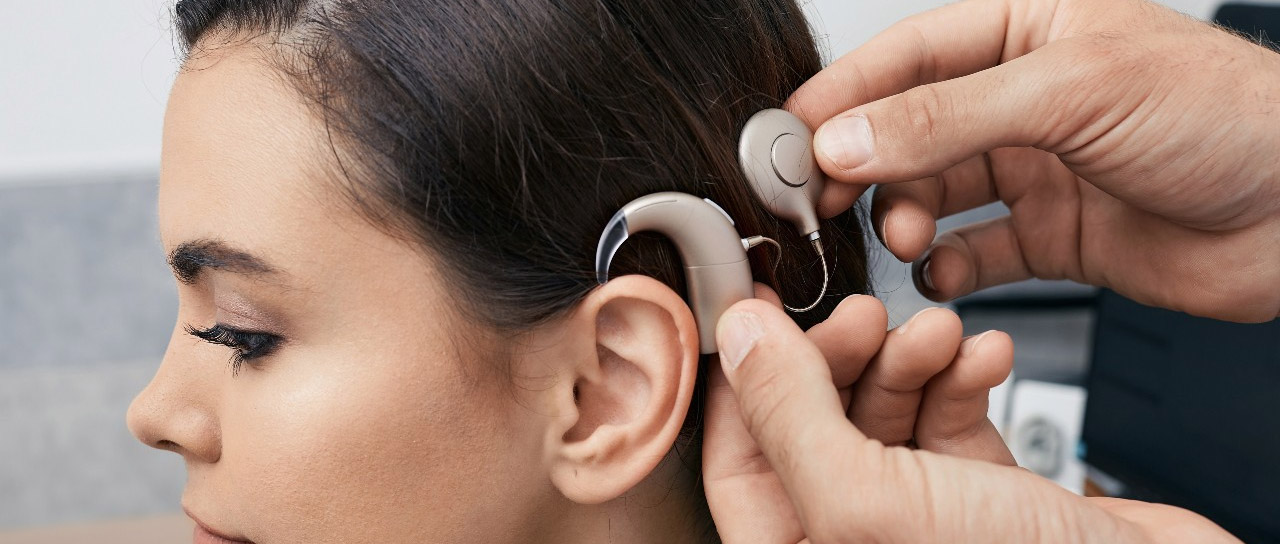
Can deaf people have therapy?
Peer reviewed by Dr Sarah Jarvis MBE, FRCGPLast updated by Ellie BroughtonLast updated 6 Dec 2021
Meets Patient’s editorial guidelines
- DownloadDownload
- Share
- Language
- Discussion
- Audio Version
The NHS has spent the best part of 15 years promoting 'talking therapies' as part of its Improving Access to Psychological Therapies (IAPT) programme. But the Deaf community - statistically at high risk from social isolation - has been almost entirely locked out.
In this article:
In this article, we use the term 'Deaf people' to refer to people who have always been deaf (or at least since before they learned to speak).
By contrast, the term 'deaf' (without a capital D) is used to describe or identify anyone who has a severe hearing problem, and sometimes people who are severely hard of hearing.
This article relates to Deaf people, but some elements may be relevant to people who are deaf.
Rowan*, 30, is a Deaf person who's struggled to access NHS mental health services. In their area, people have to self-refer by phone for counselling but when they asked their GP how a Deaf person is supposed to access this support, the doctor didn't know.
"I asked my GP for help about a year before the pandemic," they say, "and it felt to me like the doctor was laughing at me asking for help. I got the generic referral leaflet for talking therapies and when we asked how to get around the initial phone call it was met with a shrug. She made me feel embarrassed for even asking."
The negative experience has stopped Rowan from asking for further help from her local GP surgery, even when it's not a mental health problem they are consulting about. "I haven't asked for help since COVID-19 hit, largely because last time wasn't a good experience, but also because everything has moved to phone and video calls now, which I can't do," they say.
"I haven't seen the GP since, for anything. Even recently when I had a stye, I chose to go to the pharmacy instead, because although I am eligible for free prescriptions, I would rather pay for medicine than go back to the doctor."
Rob Geaney, campaigns and external affairs lead at RNID, says: "Deaf people and people with hearing loss or tinnitus are already more likely to experience poor mental health. Sadly, during the pandemic face coverings, inaccessible information and restrictions on face-to-face contact have increased the challenges."
RNID’s research shows more than one in five people who are Deaf or have hearing loss or tinnitus (and one in three BSL users) have felt lonely 'often' or 'always' during the pandemic - four times higher than the figure reported for 'non-disabled people' by the Office for National Statistics.
Continue reading below
BSL breakthroughs
At the University of Manchester, Social Research with Deaf People (SORD)'s research has uncovered that Deaf patients' language choice is rarely recorded by doctors and therapists, despite this being a legal requirement since 2016 - a major oversight for giving them a good experience and supporting good outcomes from therapy.
"The only way that non-specialist services [ie those not specialising in Deaf people] could tell whether they had worked with a Deaf person was by checking whether they had booked an interpreter," says Dr Katherine Rogers. "But some Deaf patients might use BSL while others do not, and some BSL users rely on family or partners - making it impossible to get a true picture of how many deaf people really used the service."
Furthermore, Deaf people might face poor-quality services (or service failure) because of the lack of access to provide feedback about either the therapy they receive, or the interpreter they work with. Dr Rogers is now working on a patient experience assessment for deaf patients in BSL funded by a National Institute for Health Research (NIHR) fellowship.
"Hopefully, this will enable services to consult with the Deaf community and Deaf sign language users to nail down what it is that they want from a service," Dr Rogers says. "Currently as a population they're being excluded from those types of conversations."
SORD researchers helped to develop and validdate BSL versions of common mental health assessments such as the PHQ9 (for depression) and the GAD7 (for anxiety). Validating the scores included establishing 'clinical cut-offs' - that is, whether the same thresholds for treatment should be applied to Deaf people as to hearing people.
"Using the right clinical cutoff score is really important, because it means that the person can get intervention, when they need it," Dr Rogers says. "It also reduces false positives." Dr Rogers' research revealed that Deaf people were often underdiagnosed, as the threshold that should be applied was as much as two points lower than for hearing people.
The BSL versions of the clinical assessment tools are available throughout the NHS, including general practice, and SORD has also had requests from private providers who want to offer BSL versions to service users. But for Dr Rogers it still feels like more could be done to raise awareness throughout clinicians and service managers. "A lot of clinicians aren't aware that they're available yet," she says. "And if they are aware of it, then they don't know who to ask to request access to it."
Young Deaf people at risk
Back to contentsDr Rogers is also part of a team running a five-year study, READY, that tracks Deaf young people's health and well-being over several years. The study, led by Professor Alys Young and funded by the National Deaf Children's Society, is currently focusing on young people aged 16 to 19 years. Researchers have found that 48% of the sample scores for probable or possible depression - a stat which is nearer 15% within the general population at the same age.
Claire Dodds, another researcher on READY, says: "Our cohort is scoring lower on all of the health domains in comparison to hearing counterparts. We're not finding differences depending on level of deafness, and this result is not because some of the READY sample have additional needs.
"Deaf young people's self-rating of their own health is very poor ... Being female seems to be a risk factor and there are also some interesting findings coming out around sexuality, and gender identity." Young Deaf people with marginalised gender or sexuality are experiencing more difficulties than others, Dodds explains.
Much SORD's work aims at uncovering the roots of inequalities that Deaf people experience, Prof Young says: "Our aim is to support services to better meet Deaf people's requirements for healthy and fulfilled lives. We work hard to ensure that the strengths, contributions and assets of Deaf people and the Deaf community are understood as vital ingredients in achieving this aim."
Continue reading below
What help is available?
Back to contentsSome services are already set up to respond to the challenges Deaf people face when seeking help. Charities like SignHealth offer therapy in BSL and clinicians and social workers can refer clients directly using their online form.
Herbert Klein is the president of British Society Mental Health and Deafness, and is an experienced advisor on Deaf services for the NHS and others. He says there are dozens of ways services could be improved for Deaf people.
"If I had £1 million for Deaf mental health services my priority would be to make a new law to benchmark services for Deaf service users," he says. "Any new resources, research, and reports must be written in consultation with Deaf professionals. It is so important to keep up with new developments regarding Deaf-friendly mental health tools and assessment, different methods of therapy and new sign language for mental health."
Deaf-led therapy
Back to contentsSome listening services in the UK have taken on challenges like these. Victoria Nelson is the director of Deaf4Deaf (D4D) Psychological Services, a five-and-a-half-year-old service that delivers low-cost and affordable Deaf-focused counselling and psychotherapy through a team of a dozen BACP and UKCP-registered therapists. It reaches an estimated 300 clients a year.
Nelson is a psychotherapist with 14 years' experience, including 11 years with Deaf people, and recently qualified as a certified transactional analyst. Her expertise was also developed as a speaker and supervisor on therapy and Deafness.
Deaf4Deaf supports therapists who could not train as NHS IAPT therapies due to lack of access. "To become IAPT-trained you have to work in the NHS and this is often inaccessible to many of our Deaf therapists, therefore creating more oppression," she explains. "I created D4D out of frustration with the systemic slowness in offering accessible therapies to Deaf people - we were the first to set up online therapies in 2016 and we partnered with the Royal Association for Deaf people to set up a BSL accessible well-being helpline, Talkmore."
Nelson is now developing a new service, Sound Mind UK, which will offer a disability-focused therapist service. This specialist service offers people with hearing loss an alternative to other services, as well as giving disabled people direct access to therapists who are themselves disabled and can draw from lived experience in their practice.
But psychotherapy and the NHS still have work to do if they want to offer Deaf people parity of care, she says. "Over the next five years, I would like to see more patient choice, more culturally affirmative therapies for deaf people, and more specialisms.
"Plus we need the chance for Deaf people to train as therapists, gain access into courses with interpreters, to see BSL therapists lead courses, more placements for Deaf trainees and better access to training and therapy for marginalised deaf groups. We need therapy training institutes to be more inclusive."
Deaf people have every right to therapy - if not more so than the average hearing person. But until every GP has the means to refer them, people like Rowan* remain shut out of the services they need.
*Rowan's name has been changed to protect their anonymity.
Patient picks for Hearing problems

Ear, nose and throat
How I found my Deaf identity - Rachel's story
Rachel Zemach wants you to know that she's proudly, culturally Deaf with a capital 'D' - and that your children can be too. Despite losing her hearing aged 10, decades would pass before she felt able to express this with confidence. In writing, we speak with Rachel about her journey from deaf to culturally Deaf, and how teaching Deaf children changed her life forever.
by Victoria Raw

Ear, nose and throat
What is a cochlear implant and what effect do they have on hearing?
Opportunities and representation for the Deaf community have greatly improved over recent years. In 2022, a Bill passed through Parliament to make British Sign Language (BSL) a legally recognised and protected language. Despite these conversations being in the spotlight, there might be some aspects of deafness that you aren't familiar with and want to know more about.
by Emily Jane Bashforth
Article history
The information on this page is peer reviewed by qualified clinicians.
6 Dec 2021 | Latest version

Ask, share, connect.
Browse discussions, ask questions, and share experiences across hundreds of health topics.

Feeling unwell?
Assess your symptoms online for free
Sign up to the Patient newsletter
Your weekly dose of clear, trustworthy health advice - written to help you feel informed, confident and in control.
By subscribing you accept our Privacy Policy. You can unsubscribe at any time. We never sell your data.